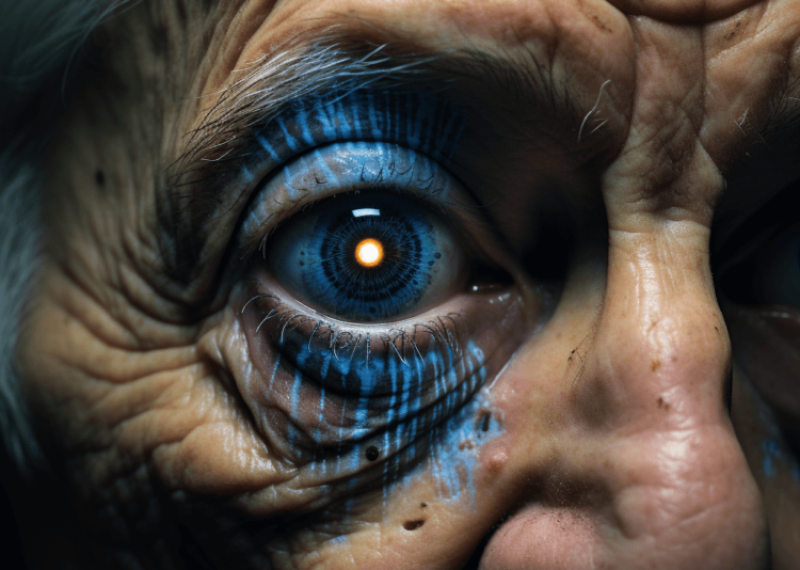Getting tested for Alzheimer’s disease could one day be as easy as checking your eyesight.
RetiSpec has developed an artificial-intelligence algorithm that it says can analyze results from an eye scanner and detect signs of Alzheimer’s 20 years before symptoms develop. The tool is part of broader work by startups and researchers to harness AI to unlock the mysteries of a disease that afflicts more than seven million Americans.
For years, people have studied individual hallmarks of Alzheimer’s, including brain inflammation and neurodegeneration, but the exact causes of the disease remain elusive. AI, researchers say, could open a new era in the diagnosis of a neurological disease that remains difficult to identify, let alone treat.
Another company, Sacramento, Calif.-based Neurovision, aims to use machine learning to develop retinal scans and blood tests to identify people at risk of developing Alzheimer’s and other forms of dementia. The company’s AI model analyzes eye scans for anomalies like the buildup of certain proteins or blood vessels with a twisted shape, that are associated with Alzheimer’s, said Steven Verdooner, Neurovision’s co-founder.
“The algorithm does a better job,” he said.































